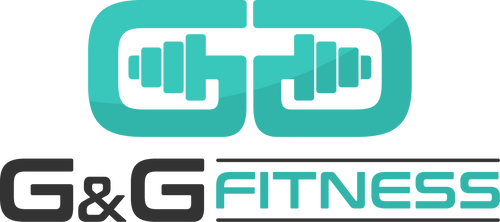Nutrition
You might have noticed that, along with the new schedule, your eating habits have changed during the past few months. That might have meant having more time to think about your daily diet and experiment with new baking and cooking techniques for some people. Others may have taken this to suggest that their options and time are more constrained than before.
In either case, getting the nutrition and hydration we need is crucial for both our present and future health and wellbeing. The following are some important pointers for controlling your dietary consumption.
Staying hydrated.
We need to stay hydrated for our health and to keep our focus, especially if we must use the computer for longer periods of time than usual. The minimum advised daily hydration intake is 6 to 8 cups. Although lower fat milks, lower sugar or sugar-free liquids, tea and coffee are also included in this, water is preferred. Fruit juice and smoothies also count, but keep in mind that they include sugar, which should be limited to about 150 ml per day as it might harm teeth.
Due to the recent bright weather, you should also try to boost your fluid intake if you are spending extended periods of time outside, especially if you are exercising.
While tea and coffee count towards our daily hydration requirements, a maximum of 400 mg of caffeine should be consumed daily. Tea typically has 40 mg of caffeine, while instant coffee often contains 80 mg. The type of tea or coffee can affect this, and there is caffeine in foods like chocolate and coke as well.
Nutrition: Are you eating right?
Make an effort to include as many fruits and veggies in your diet as you can. These support the immune system by providing fibre and a variety of vitamins and minerals. A colourful plate, especially one with a variety of veggies tends to guarantee that a variety of nutrients are consumed. You can also think about how many portions of each food to include in your daily food and liquid consumption by consulting the NHS Eatwell Guide.
Increase Vitamin D.
Since it's sunny outside right now, you might be getting more vitamin D from being outside. If you can't get outside often, though, you might want to think about ways to acquire more vitamin D in your diet through foods and pills.
Slow down on the alcohol.
Think about how much alcohol you are consuming. The recommended weekly intake of alcohol is 14 units in order to minimise health concerns. The Drink Aware tool is a helpful tool for determining the number of units in various types of drinks. A general rule of thumb is that 14 units are equal to six pints of 4% beer and six 175ml glasses of 13% wine.
If nutrition is something that you struggle with, G&G Fitness create bespoke plans for each individual. Not only do we factor in dietary requirements, we will also work these around time constraints, workout schedules and more!
Contact us using the form below and we will be in touch to talk about your new nutrition plan!




